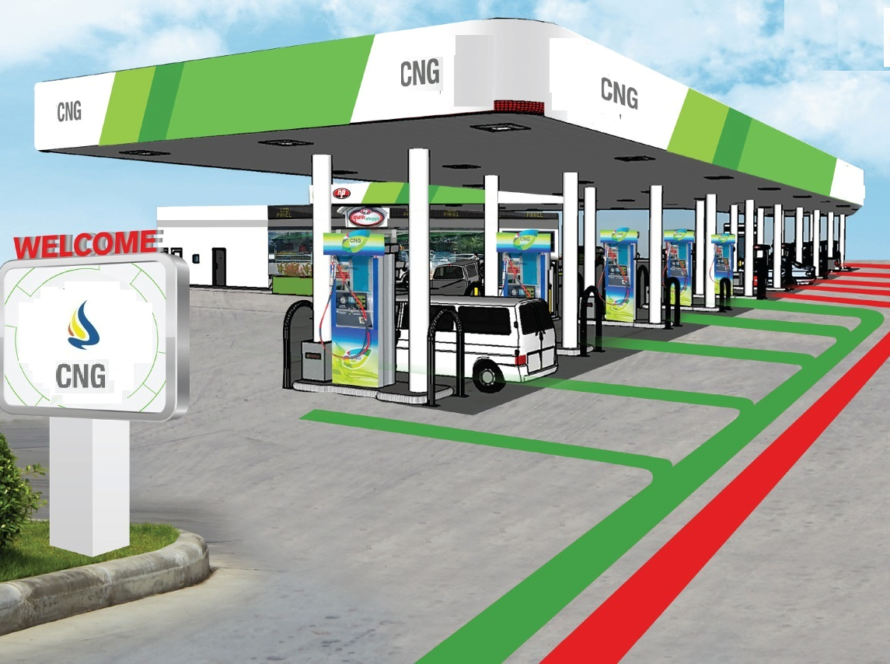In recent years, electric vehicles (EVs) have emerged as more than just a sustainable transportation solution—they also spur economic growth and development. As Nigeria looks towards diversifying its economy and reducing its dependence on fossil fuels, the adoption of EVs presents a unique opportunity to stimulate innovation, create jobs, and enhance energy security. This article explores the economic benefits of electric vehicles and how their widespread adoption can drive growth in Nigeria’s economy.
Reduced Dependence on Imported Fuel
One of the most significant economic advantages of transitioning to electric vehicles is the reduction in dependence on imported fossil fuels, particularly petroleum products. Nigeria, despite being an oil-rich nation, spends a significant portion of its foreign exchange reserves on importing refined petroleum products. By shifting towards electric mobility powered by locally generated electricity, Nigeria can mitigate its reliance on imported fuel, leading to cost savings and improved energy security.
Job Creation and Industrial Growth
The transition to electric vehicles presents an opportunity to stimulate domestic manufacturing and create new job opportunities across the automotive value chain. Battery production, EV assembly, EV maintenance, charging infrastructure development—the EV industry has the potential to foster a thriving ecosystem of local businesses and a skilled workforce. Initiatives that support EV manufacturing and research and development can contribute to industrial growth and technological advancement in Nigeria.
Environmental and Health Cost Savings
Beyond the direct economic benefits, the widespread adoption of electric vehicles can result in substantial cost savings associated with environmental and public health impacts. Reducing air pollution and greenhouse gas emissions through EV adoption can lead to lower healthcare costs due to improved air quality and reduced incidences of respiratory diseases. Additionally, mitigating environmental degradation can preserve natural resources and protect ecosystems, indirectly benefiting sectors such as agriculture and tourism.
Innovation and Technological Advancement
The EV revolution is not just about replacing combustion engines with electric motors—it is also driving innovation and technological advancement in Nigeria’s automotive sector. From advancements in battery technology to the integration of smart charging systems and vehicle-to-grid (V2G) technologies, EV adoption fosters a culture of innovation that can spill over into other sectors of the economy. This innovation ecosystem can attract investment, stimulate research and development, and position Nigeria as a hub for sustainable transportation solutions.
Government Support and Policy Incentives
To unlock the full economic potential of electric vehicles, policymakers play a critical role in providing incentives and policy support for EV adoption. Measures such as tax incentives for EV purchases, subsidies for charging infrastructure development, and investment incentives for EV manufacturing can accelerate the growth of the electric vehicle market in Nigeria. Additionally, policies that prioritize renewable energy deployment and sustainable transportation planning can create an enabling environment for EVs to thrive.
Empowering Consumers and Businesses
Educating consumers and businesses about the economic benefits of electric vehicles is key to driving adoption. Initiatives that promote EV awareness, provide financial incentives, and address common misconceptions about EV ownership can encourage more Nigerians to embrace electric mobility. Our website serves as a valuable resource for information and guidance on EV adoption, empowering individuals and businesses to make informed decisions that align with their economic and environmental goals.
The economic benefits of electric vehicles extend far beyond transportation—they have the potential to transform Nigeria’s economy and contribute to sustainable development. As we navigate the transition towards a low-carbon economy, embracing electric vehicles is not just an environmental imperative but also an economic opportunity to shape a cleaner, greener, and more resilient future for generations to come. Let’s harness the economic potential of electric vehicles and accelerate towards a sustainable transportation revolution in Nigeria.


